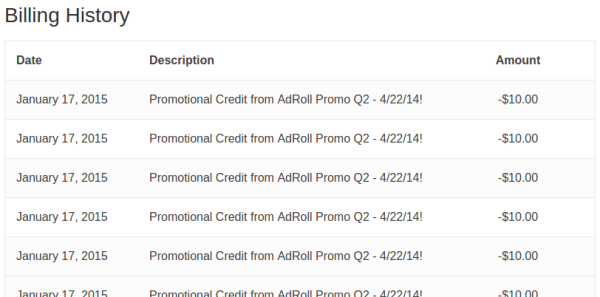[Josip] has been playing around with race conditions on web interfaces lately, finding vulnerabilities on both Facebook and Digital Ocean. A race condition can occur when a piece of software processes multiple threads using a shared resource.
For example, [Josip] discovered that he was able to manipulate page reviews using just a single Facebook account. Normally, a user is permitted to leave just one review for any given Facebook page. This prevents a single user from being able to skew the page’s overall ranking by making a bunch of positive or negative reviews. The trick to manipulating the system was to intercept the HTTP request that submitted the page review. The request was then replayed over and over in a very short amount of time.
Facebook’s servers ended up processing some of these requests simultaneously, essentially unaware that multiple requests had come in so close together. The result was that multiple reviews were submitted, artificially changing the pages overall ranking even though only one review actually showed up on the page for this user. The user can then delete their single review, and repeat this cycle over and over. It took Facebook approximately two months to fix this vulnerability, but in the end it was fixed and [Josip] received a nice bounty.
The Digital Ocean hack was essentially the exact same process. This time instead of hacking page reviews, [Josip] went after some free money. He found that he was able to submit the same promotional code multiple times, resulting in a hefty discount at checkout time. Digital Ocean wasted no time fixing this bug, repairing it within just ten days of the disclosure.











